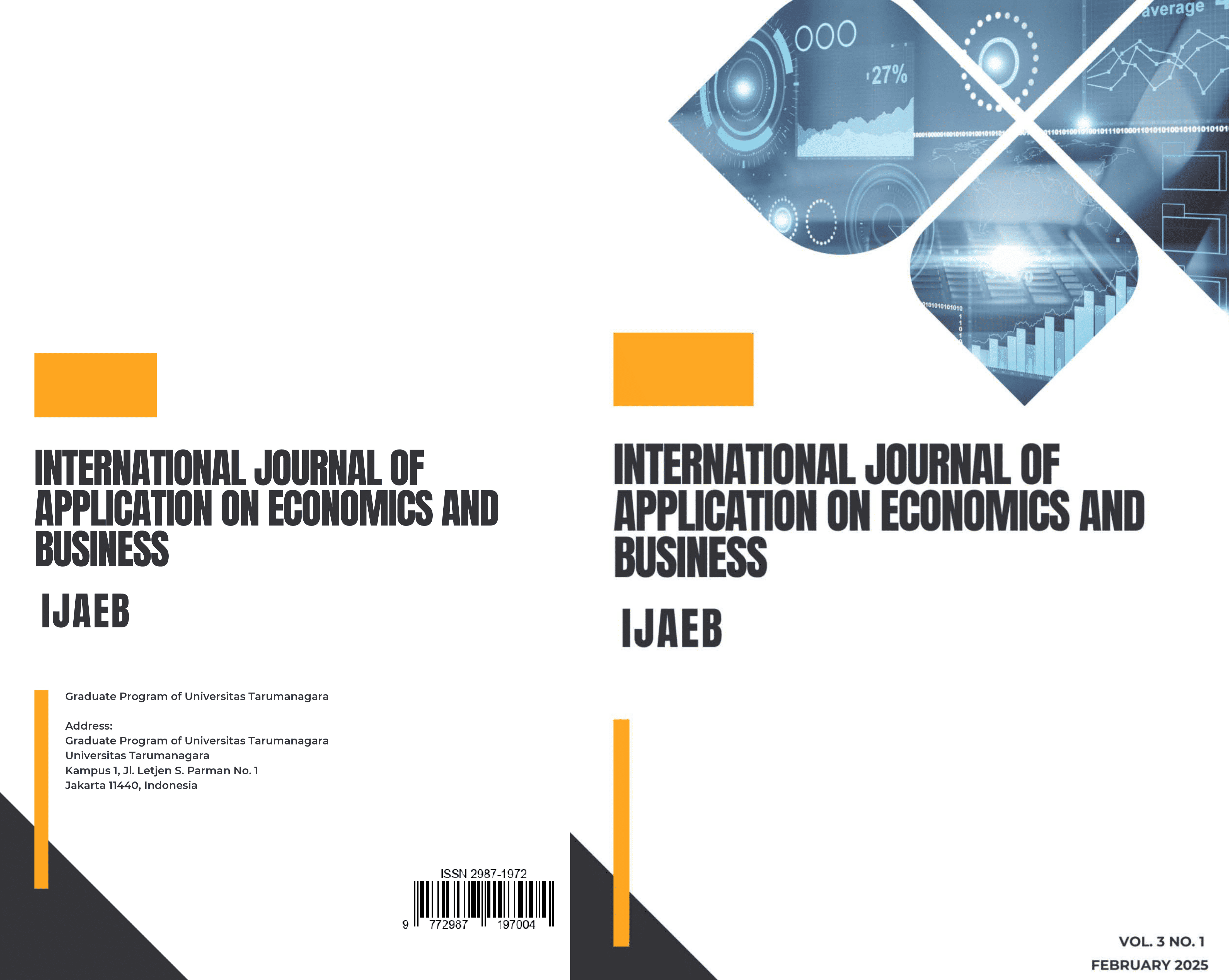THE RELATIONSHIP BETWEEN LEARNING SATISFACTION AND RE-PARTICIPATION INTENTION OF SENIOR LEARNING USING HAPPINESS AS A MODERATOR
Main Article Content
Abstract
The present study aims to investigate the relationship between learning satisfaction and re-participation intention of senior learning, and use the happiness as a moderator. A questionnaire survey was conducted, with the community in Tainan city, and the learner aged 55 and above were tested. Total of 521 questionnaires were sent out, and 486 valid questionnaires were received. Results of the present study found that there is a positive effect between the happiness and the re-participate intention. When the psychological and emotional happiness of the senior learner is higher, the re-participate intention also higher. The result indicates that improving seniors’ sense of happiness can enhance the promoting effect of course satisfaction on re-participation intention. When designing the senior learning courses, training institutions should not only focus on course quality and teaching effects, but also focus on improving learners’ sense of happiness. Paying attention to the psychological and social happiness of senior learners can promote they continue to participate in learning activities, thereby improving their overall quality of life and happiness.
Article Details
Section

This work is licensed under a Creative Commons Attribution-NonCommercial-ShareAlike 4.0 International License.
This journal provides immediate open access to its content on the principle that making research freely available to the public supports a greater global exchange of knowledge.
IJAEB by Graduate Program of Universitas Tarumanagara is licensed under a Creative Commons Attribution-NonCommercial-ShareAlike 4.0 International License.. Permissions beyond the scope of this license may be available at https://journal.untar.ac.id/index.php/ijaeb
References
Conway, R. (2012). Flourish: a new understanding of happiness and well-being and how to achieve them, by Martin EP Seligman, 159-161.
Diener, E. (2000). Subjective well-being: The science of happiness and a proposal for a national index. American Psychologist, 55(1), 34.
Elbyaly, M. Y. H., & Elfeky, A. I. M. (2023). The effect of blended learning in enhancing the skill performance of producing digital content among students of optimal investment. Annals of Forest Research, 66(1), 2031-2043.
Flammger, D. M. (1991). Nontraditional students and postsecondary school159satisfaction. Master’s project State University College, Buffalo. (ERIC Document Reproduction Service NO. ED: 362077).
Huang, H.-Q., Zhang Z.-M. (2020). A study on the relationship between learning satisfaction and learning effectiveness among primary school students in physical education classes in Changhua county. Sports, Leisure and Hospitality Research, 15(3), 84-101. (In Chinese).
Keyes, C. L. M. (1998). Social well-being. Social Psychology Quarterly, 61(2), 121-140.
Keyes, C. L., & Annas, J. (2009). Feeling good and functioning well: Distinctive concepts in ancient philosophy and contemporary science. The Journal of Positive Psychology, 4(3), 197-201.
Kozak, M. (2001). Comparative assessment of tourist satisfaction with destinations across two nationalities. Tourism Management, 22(4), 391-401.
Leecharoen, B. (2019). Examining the relationships between customer satisfaction and repurchase behavior in online fashion retailing. PSAKU International Journal of Interdisciplinary Research, 8(2), 123-137.
Li, H., Ji, Y., & Chen, T. (2014). The roles of different sources of social support on emotional well-being among Chinese elderly. PloS One, 9(3), e90051.
Lin, Y.-L. (2020). Analysis of factors affecting the use of long-term care - OECD national empirical study. Unpublished master's thesis, Department of Risk Management and Insurance, Tamkang University, New Taipei City. (In Chinese).
Meng, X.-G., Chen, S.-M. & Wang, Z.-Y. (2011). A study on the correlation between learning satisfaction and career development metacognition among junior high school technical education students in remote areas of Pingtung county. Journal of Technical and Vocational Education, 4(2), 23-44. (In Chinese).
Ministry of Education (2023). Senior Learning Network, https://moe.senioredu.moe.gov.tw.
Oliver, R. L., & Swan, J. E. (1989). Equity and disconfirmation perceptions as influences on merchant and product satisfaction. Journal of Consumer Research, 16(3), 372-383.
Rahim, M. A., Mushafiq, M., Khan, S., & Arain, Z. A. (2021). RFM-based repurchase behavior for customer classification and segmentation. Journal of Retailing and Consumer Services, 61, 102566.
Ryff, C. D., & Singer, B. H. (2008). Know thyself and become what you are: A eudaimonic approach to psychological well-being. Journal of Happiness Studies, 9, 13-39.
Wong, W. H., & Chapman, E. (2023). Student satisfaction and interaction in higher education. Higher Education, 85(5), 957-978. (In Chinese).
Wu, F.-H. & Hong, H.-J. (2013). A study on the learning satisfaction of students in the practical skills course of hairdressing technology in higher vocational colleges in Yunlin area. Journal of Tainan University of Applied Science, 32, 21-36. (In Chinese)
Zhang, W., Chen, Q., McCubbin, H., McCubbin, L., & Foley, S. (2011). Predictors of mental and physical health: Individual and neighborhood levels of education, social well-being, and ethnicity. Health & Place, 17(1), 238-247.

